No place for Assad in any future Syrian government: Tillerson
US Secretary of State Rex Tillerson says there is no place for Syrian President Bashar al-Assad in any future government for the Arab country.
Tillerson made the remarks on Tuesday as foreign ministers from the Group of Seven (G7) countries held meetings in Italy on Monday and Tuesday for a diplomatic push to resolve the six-year-old Syrian crisis which was created by the US and its allies.
"Our hope is Bashar al-Assad will not be part of that future,” Tillerson stated.
"The United States' priority in Syria and Iraq remains the defeat of ISIS," he added, using an alternative acronym for the Daesh (ISIL) terrorist group.
"As events shift, the United States will continue to evaluate its strategic options and opportunities to de-escalate violence across Syria," he continued.
Tillerson is due to travel to Moscow later on Tuesday at the end of the two-day meetings in the Italian city of Lucca with his Italian, German, French, British, Japanese and Canadian counterparts.

Since March 2011, the United States and its regional allies, in particular Saudi Arabia, Qatar and Turkey, have been conducting a proxy war against the Syrian people and government.
The years-long conflict has left more than 470,000 Syrians dead and half of the country’s population of about 23 million displaced within or beyond the Arab country’s borders.
In September 2014, the US and some of its allies started conducting airstrikes inside Syria against Daesh terrorists. However, observers say the attacks did little damage to the terrorists; rather, they targeted the country’s infrastructure.
In September 2015, Russia launched its own air offensive against the terrorists who were still wreaking havoc in Syria. The Russian campaign, analysts say, has broken the backbone of Daesh and other Takfiri militants, and has strengthened the Assad government’s fight against terrorism.
In recent months, the Syrian army, backed by the Russian air power, has been making major gains against Takfiri terrorist groups, recapturing several strategic areas from their grip, particularly in the strategic northern province of Aleppo.
But then this month the US military decided to target the Syrian military directly. It fired 59 Tomahawk missiles at al-Shayrat airbase in Homs province in western Syria on April 7.

US President Donald Trump said he had ordered the strike in response to the April 4 chemical attack in the Arab country that he blamed on the Syrian government.
The US military claimed the airfield targeted was used to store chemical weapons and Syrian aircraft. This is while Damascus volunteered to destroy its chemical stockpile in 2014 following an agreement which was brokered by the US and Russia in 2013.
Read More:
- Assad ouster a US priority: Trump’s UN envoy
- ‘US used chemical attack excuse to strike Syria’
- ‘Syria attack puts US on same side as Daesh’
Tillerson again accused Moscow of failing to enforce the 2013 deal meant to get Syria rid of its chemical arsenal.
He said that Russia had "failed to uphold the agreements that... stipulated Russia, as the guarantor of a Syria free of chemical weapons, would locate, secure, and destroy all such armaments in Syri.”
The top US diplomat said it was "unclear whether Russia failed to take this obligation seriously" or had "been simply incompetent.”
On Sunday, Tillerson also said the April 4 chemical incident happened because of Russia’s failure “to achieve its commitment to the international community."
US lawmaker blasts attorney general for ‘lying under oath’ over handling of Epstein probe
Iran received no concrete US proposal in Oman talks: Security chief
Nouri al-Maliki defends Hashd al-Shaabi as inseparable part of Iraqi security system
British PM Keir Starmer faces calls to resign
Iran’s Kowsar satellite beams Islamic Revolution anniversary message across region
VIDEO | Press TV's news headlines
VIDEO | Indian regions celebrate Iran’s Islamic Revolution anniversary
Iran’s missile program will never be on negotiating table: Shamkhani


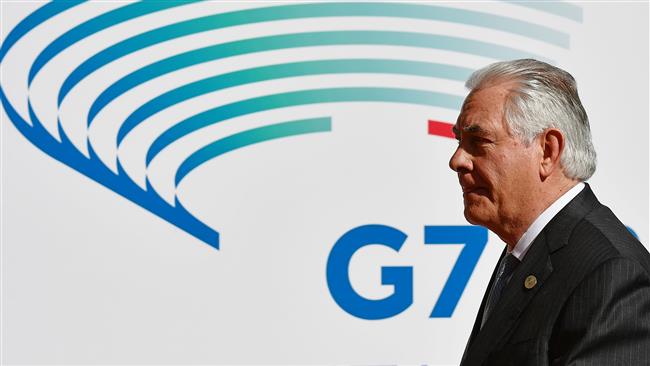
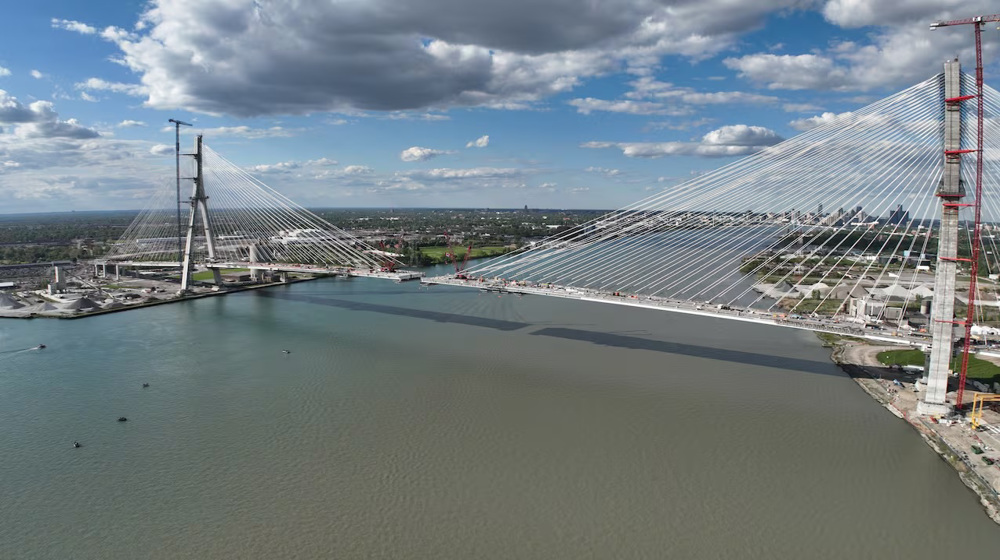
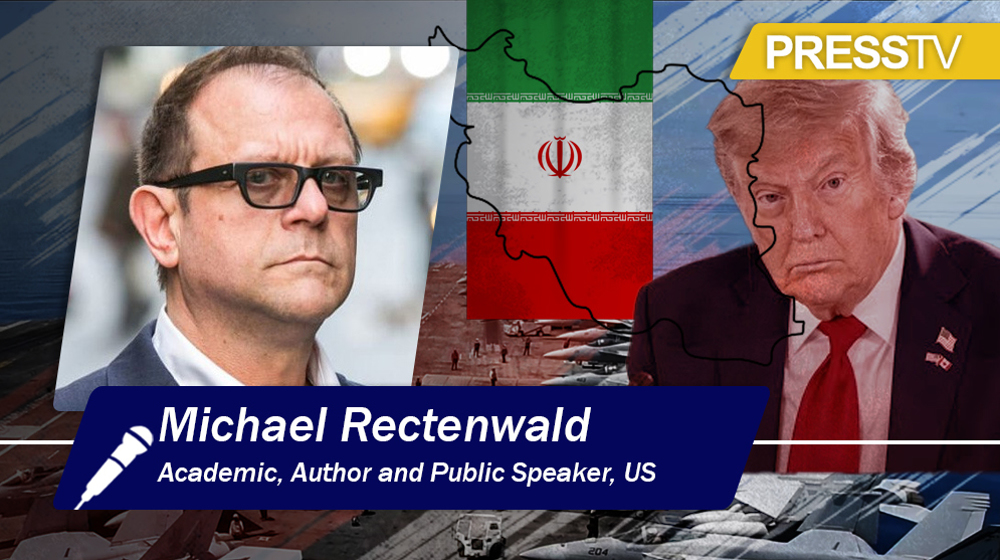
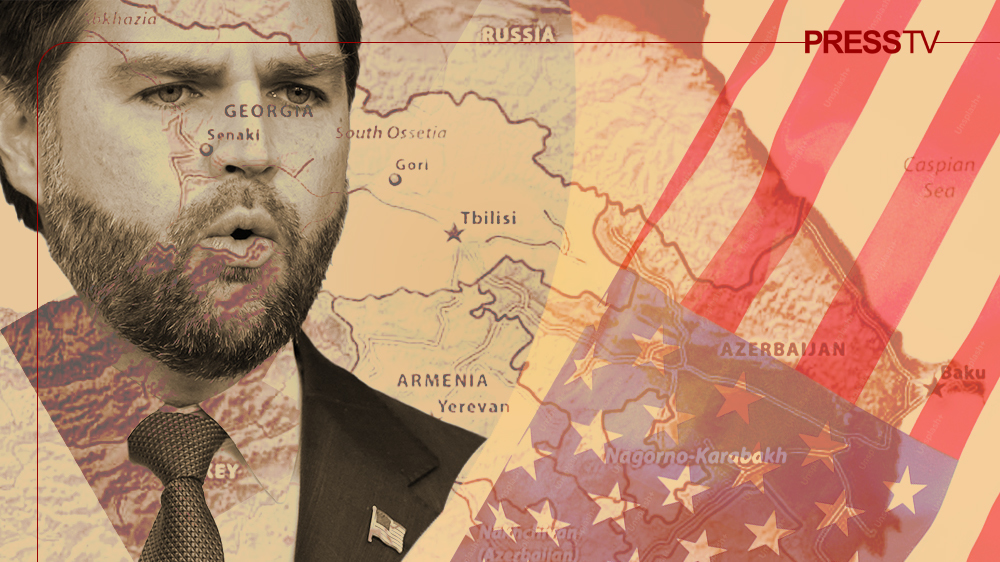



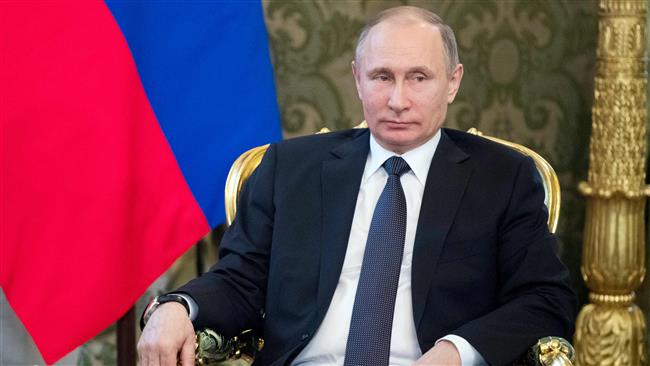
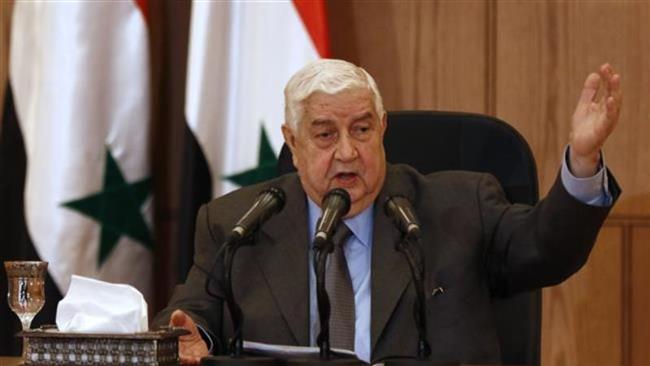
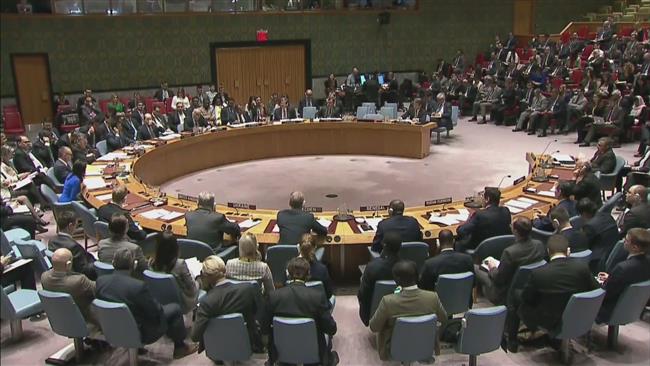
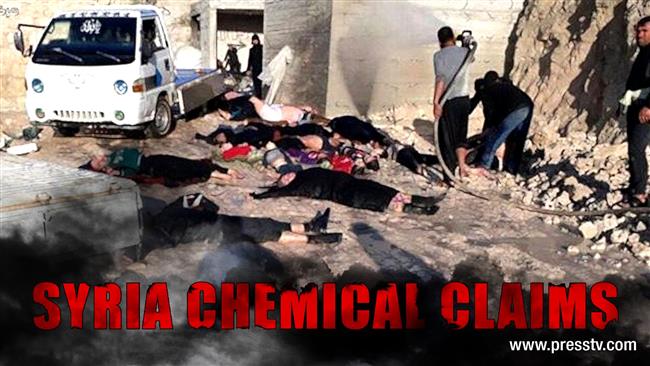

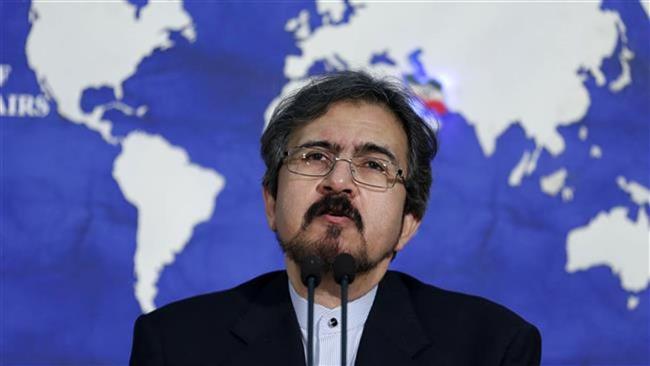
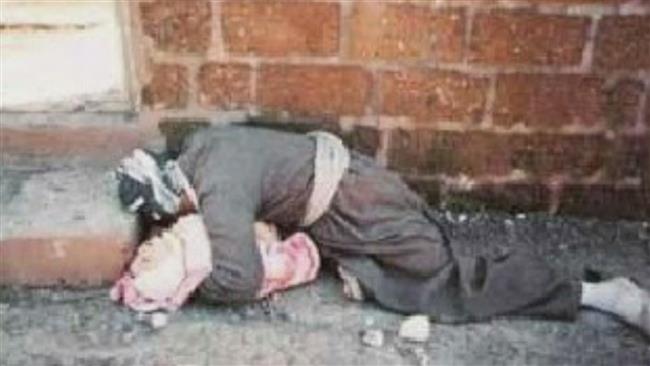
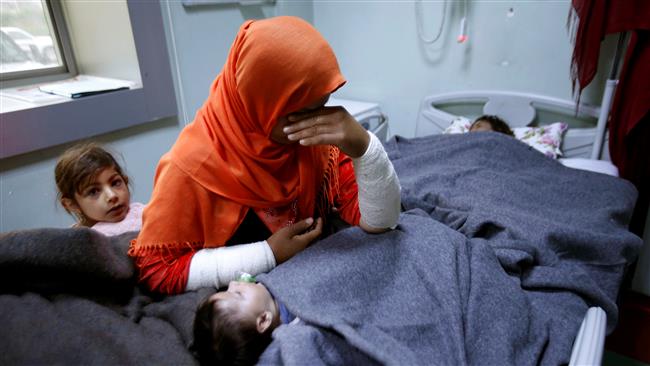
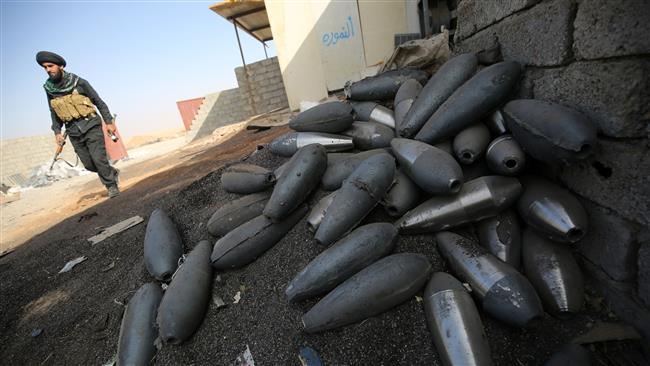

 This makes it easy to access the Press TV website
This makes it easy to access the Press TV website